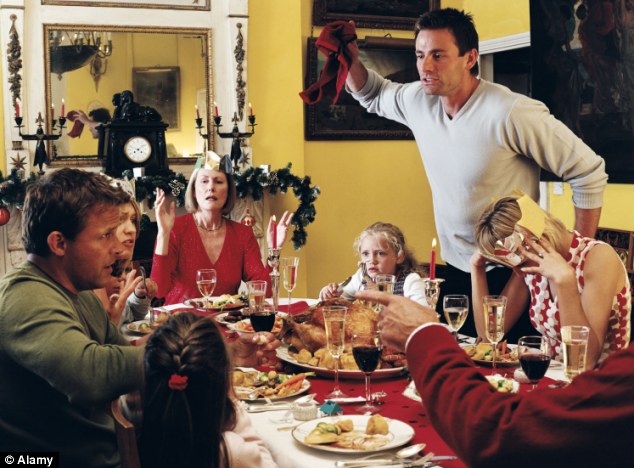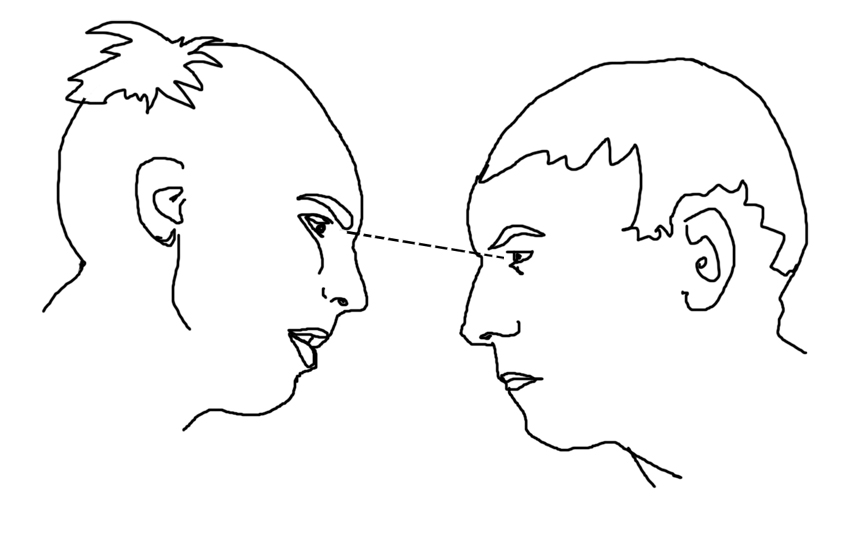Do you think everyone else is going to have a wonderful Thanksgiving except you? Does it feel like you are the only one who isn’t going to be having a warm and fuzzy time? You are not alone! There are so many people who feel alone and isolated over the holidays while others are all about eating, drinking and being merry. It’s a terrible feeling whether you have no invitations and will be spending the holiday alone or you will be spending yet another Thanksgiving alone in a crowd. The truth be told, whatever your circumstances, it is all a matter of perspective that determines how you will experience your situation.
I’ve spent many holidays alone and done everything from being miserable, feeling sorry for myself and making others wrong for not inviting me to preparing myself a full-on Thanksgiving feast for one. I’ve also spent many a Thanksgiving at someone else’s table feeling lonely and pathetic — being taken in because I didn’t belong anywhere and someone was kind enough to invite me. Basically, I’ve had just about every kind of Thanksgiving there is — even the wonderful kind. Each one has come and gone. The best ones, I have found, have not necessarily been merry and delicious, but rather the ones when I learned something about myself by fully experiencing and taking ownership of what was true for me without blaming or judging myself or others. I just accepted and worked with whatever my truth and circumstances were.
If you find yourself on a trajectory of anticipating an awful Thanksgiving one way or another, consider what you might do to change that. Ultimately, how you experience that day or any other is largely a reflection of your attitude which will determine the options you see or don’t see. If all you see is that you are alone and you are busy feeling sorry for yourself, then your self-fulfilling prophecy will be that you are sure to be alone and unhappy. On the other hand, given the same prospect of being alone, but being willing to make the effort to be with others (if that is what you want) then you might consider the following options:
- Is there someone you could call and ask to be included in their gathering?
- Call around and find others who will be alone and host a gathering.
- Where might you volunteer to help provide a nice meal to those who can’t afford it otherwise?
- See if there is a restaurant that has a large table for people who would otherwise be alone to share a meal together or find a community group that offers a similar possibility.
If the prospect of being with others is not what you really want this particular year, how about asking yourself what you could do to experience the spirit of Thanksgiving on your own? For example, you might make or buy or have delivered your favorite meal, which might not be turkey. You might rent a movie or read a book that helps put you in touch with what you are grateful for in your life. You might create a sacred ritual for yourself that enable you to claim the riches of your life and take the time to really connect deeply with your gratitude. The possibilities are as grand as your imagination.
The truth be told, many of those who are gathering together are wishing they were somewhere else. If you tend to feel alone in a crowd at Thanksgiving, what could you do differently this year? Is there someone in that crowd you might sit with and have a meaningful conversation. If there are children there, might they lift your spirits? Play with them. Or, maybe you could help out in the kitchen and feel good about being of service to your host. The point is to find something to do other than feeling sorry for yourself.
If this is a tender time for you because you have recently lost a loved one, pay particular attention to your needs. Be kind and gentle with yourself. Maybe being with others who might try too hard to compensate for your loss might not be what you need this year. If you need to be alone with your grief, then let it rip. Stay in your pajamas for the day and eat cold pizza and cry if that’s what works for you. Be true to your own experience — whatever it is. But, know that you have choices and choose wisely what will serve you best.
The point is that you are a powerful creator and have but to choose to create a wonderful Thanksgiving for yourself. So, if things aren’t shaping up to your liking this Thanksgiving, do something about it. It’s not too late to choose to make the most of any situation. One way or another you are going to spend your time and energy. It’s your choice if you want to see your glass as half empty or half full. My wish is that you be very good to yourself this Thanksgiving and if you aren’t going to be with people you love and enjoy being with, then take a good look at yourself in the mirror and love yourself upside down and sideways!
If you are hosting a gathering, take a moment and think about the people in your life who might be delighted to have an invitation to join you. A simple act of kindness goes a very long way — especially during the holidays.
I encourage readers to add comments and suggestions below to help inspire others to find their way through this holiday season with compassion and kindness.
If you would like to know more about me and my work, please explore my website here.
Also, if you know anyone who might get value from this article please email or retweet it or share it on Facebook.













